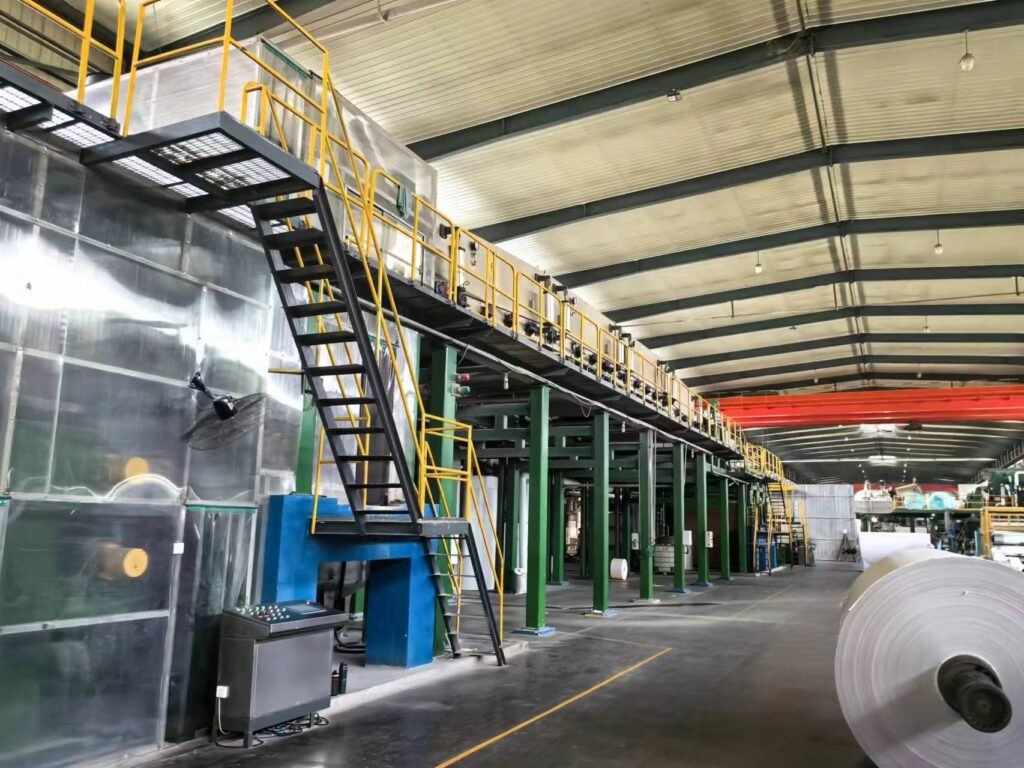Customer-Centric Service

In our factory production plans, we have united our self-owned factory along with raw material factories to achieve advantages:
- Cost Savings:
- By integrating the supply chain, companies can reduce transportation costs between the raw material supplier and the product factory.
- Eliminating intermediaries can lead to lower procurement costs and better negotiation power over raw material prices.
- Improved Efficiency:
- Streamlined processes between the two factories can lead to faster production cycles and quicker turnaround times.
- Just-in-time (JIT) manufacturing becomes more feasible, reducing inventory holding costs and minimizing waste.
- Better Quality Control:
- Having direct oversight over the raw materials used in production allows for tighter quality control.
- Ensuring that the raw materials meet the necessary standards before processing can improve the overall quality of the final product.
- Increased Flexibility:
- Integrated operations can adapt more quickly to changes in demand or market conditions.
- Adjustments to production schedules and raw material usage can be made more efficiently and responsively.
- Enhanced Coordination:
- Communication between the two factories is streamlined, reducing miscommunications and errors.
- Coordinated planning and scheduling can lead to more efficient use of resources and capacity utilization.
- Reduced Lead Times:
- Shorter lead times from raw material procurement to finished product delivery can improve customer satisfaction and responsiveness to market demands.
- Faster response to customer orders can enhance competitiveness in the market.
- Sustainability:
- Integrated operations can implement more sustainable practices, such as using eco-friendly materials and optimizing energy consumption.
- Waste reduction efforts can be more effectively coordinated and implemented.
- Strategic Advantage:
- Having control over the entire production process can provide a strategic advantage in the market.
- Companies can differentiate themselves by ensuring consistent quality and reliability in their products.
- Risk Mitigation:
- Integration can mitigate risks associated with supply chain disruptions, such as delays or shortages of raw materials.
- Diversification of raw material sources can also be managed more effectively.
- Innovation:
- Closer collaboration between the two factories can foster innovation in product development and process improvement.
- New ideas and improvements can be implemented more quickly and effectively.



